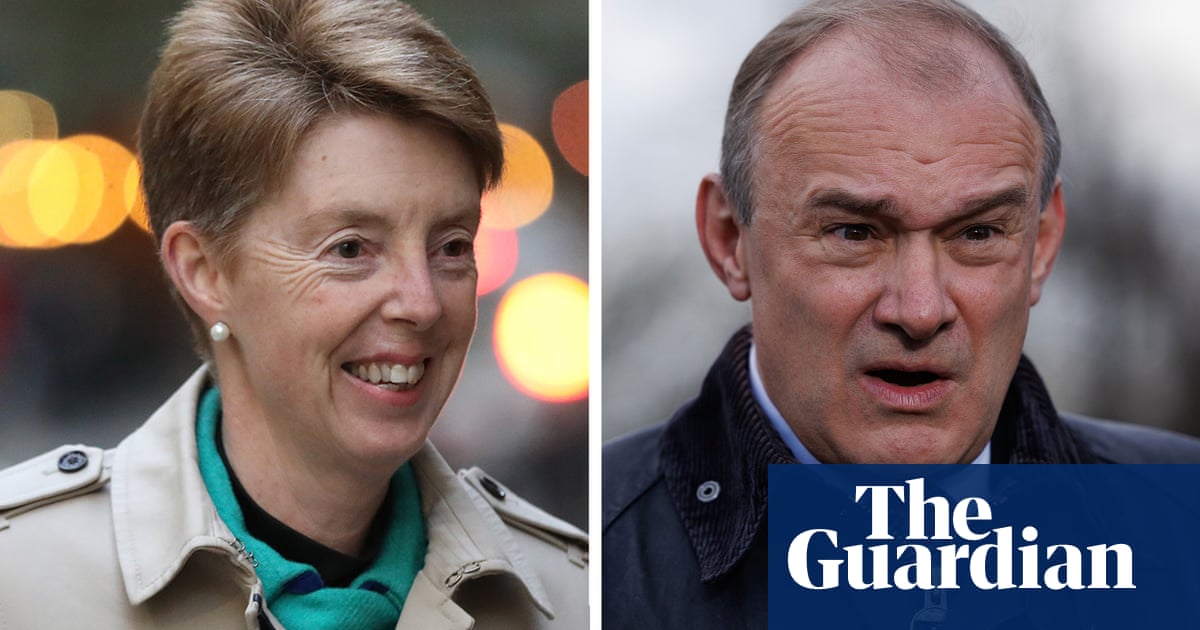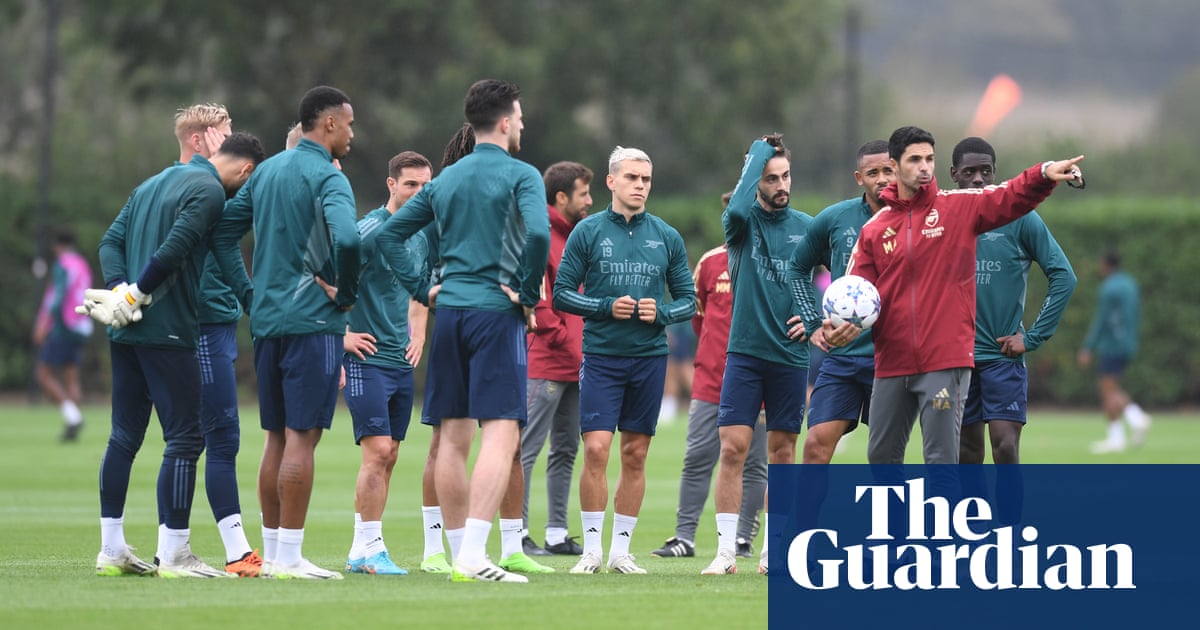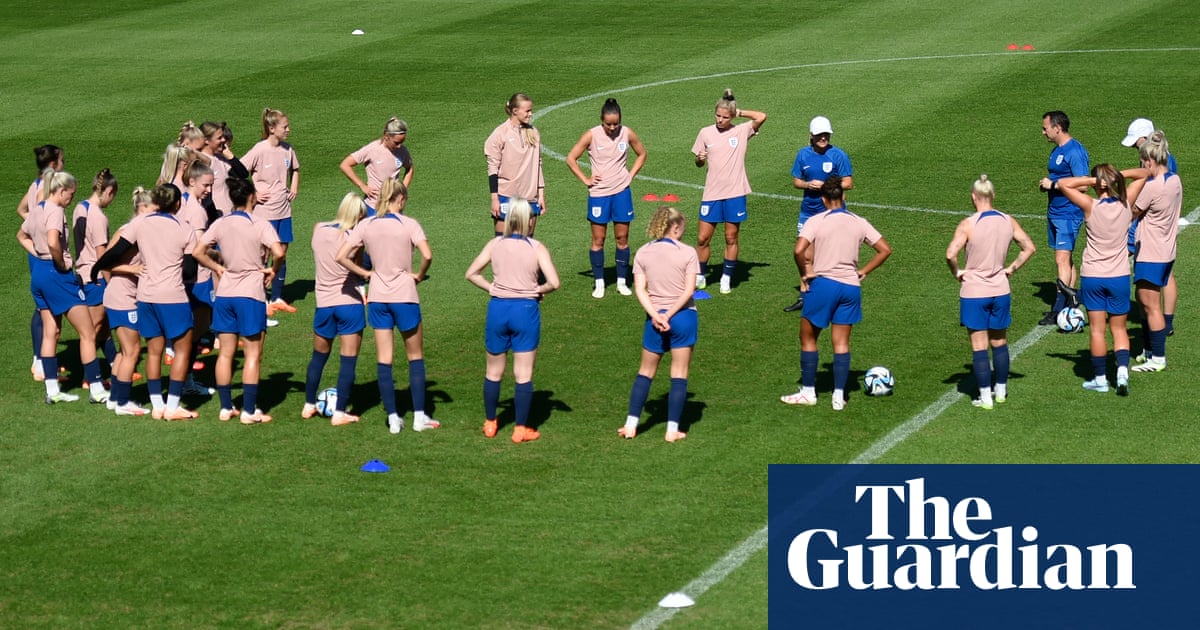
Ancelotti to Everton. Arteta of Arsenal-via-Everton back to Arsenal. Transfer assurances. Major squad cull. Paradigm shift. Culture change. New projects. Sticking a hat on a dog. Who knows, really, about any of this? But it is without doubt an exciting time, a time of extremes; and a time, as ever, of what is basically corporate guesswork.
Mikel Arteta’s appointment at Arsenal is almost complete. There is also a fair chance Everton will make Carlo Ancelotti their fourth sober, balanced, carefully-weighted managerial appointment in the last three-and-a-half years.
Both men are extremely able, widely respected and in Ancelotti’s case, actually have some experience of managing a football club. Both appointments could yet succeed unconditionally. Even a laughably reactive recruitment strategy tells the right time once a decade.
But as it stands two things leap out. First, until very recently the balance here would have been completely reversed. Ancelotti, serial winner and duke of the Champions League classes, would have seemed the perfect fit for Arsenal. Arteta would have looked a fair choice for Everton, an ambitious former player with pedigree as a high-level No 2.
This dynamic changed with the hotly-trailed hiring and indeed hotly-trailed firing of Marco Silva. There is a sense now Everton have done the intense-younger-man with “ideas” dynamic. Arsenal have done, to an extreme degree, the ailing, baffled much-garlanded eminence. And so here we are.
Where 18 months ago a hard-bitten, hugely experienced Spanish tactician was undoubtedly the right strategy for Arsenal, we now find that in fact a callow and completely unproven Spanish tactician is the way to go.
Cue the late-night photos of Vinai Venkatesham and Huss Fahmy – the same duo that brought you such crowd favourites as Nicolas Pépé and David Luiz – exiting Arteta’s house at 1.30am under a veil of bungled secrecy. The same process has applied at Everton, where the thoughtful-overcoated-tyro plan has now been junked, in favour of a 180-degree pivot to leathery old serial winner.
In part this is simply playing the game and pleasing the consumers. There is titillation and intrigue in the idea of Arteta trying to figure things out at Arsenal. This is great Premier League content. There is a similar plot-twist buzz to the idea of Ancelotti at Everton, a manager who is probably in his Wenger-2009 phase now, the age of venerable decline, but who would still be the grandest managerial hire in Everton’s history.
Mainly, though, what we have here is further evidence of the brittle, undercooked, essentially laughable nature of so much of the Premier League’s front-of-house management. This is the second thing. It seems a minor detail by now. But the fact remains, there is no tangible evidence to support the idea either of these hires will actually work.
Hunches and “feelings” are also very important in sport. But both are essentially gambles, guesswork with a public relations gloss. This is most obviously true of Arteta, who has nothing to suggest he is qualified to manage the ninth-richest club in the world, who has never managed anyone at all, and who can have no real idea himself how this may play out.
Even the club-legend ticket looks thin here. For all the talk of purges and sweeping away a curdled culture, Arteta’s own arrival at the club specifically coincided with that culture setting in. Management is, of course, an entirely separate discipline. But imagine a situation where former player Calum Chambers is being hoist as the antidote to the fragility of the Arsenal defence and you get the vague sense of dramatic irony.
Ancelotti is a celebrity appointment of a different kind. In 23 years he has never really managed a club at Everton’s current level, and wouldn’t be on the verge of doing so if a more established job had come up. At Parma the first task was to find a shape to accommodate both Gianfranco Zola and Hristo Stoichkov. At Juventus a key early move was the replacement of Zinedine Zidane. Real Madrid signed Gareth Bale to play alongside Cristiano Ronaldo in his first summer there.
At Napoli, meanwhile, Ancelotti took on a talented, ambitious mid-to-high-ranking team, drifted along a bit and then ended up getting sacked. Now, which one of these sounds most closely related to the task at Everton?
Plus, he doesn’t stay long. Everton would be Ancelotti’s fifth club in nine years, a gilded meander across the stage that has brought 77 games at Paris St-Germain, 60 games at Bayern Munich, 73 games at Napoli. This is a manager who has achieved everything in football, apart from the things – long-term team building, progress from mid-table – that Everton require. But yes, he is also smart, charismatic and famous. Does any of this really matter? There is no doubt the influence of managers is overstated, the influence of the patsy in the dugout outflanked by wider issues of structure, systems, personnel and ownership.
It is no secret Everton have a divided board and a muddled looking internal machinery. This weekend the director of football, Marcel Brands, watched a player he bought as a hopeful punt humiliated by a caretaker-successor to a manager he had no say in hiring. Money has been spent in a kind of talent-panic. The notion that sticking Ancelotti on the front of all this will somehow back-fill the mess behind seems laughably optimistic.
Not that there’s anything new here. Let’s face it, the industry bar is incredibly low. Manchester City are routinely praised, marvelled at even, for the simple tactic of actually having a recruitment plan that runs beyond the next six months. Liverpool are spoken of in awed terms for actually using data-driven intelligence to help with things such as recruitment, for having a coherent joined-up plan for running their £450m-turnover global business.
Those who know him say Arteta is above all ruthless, unafraid to show his hard edges. As with Ancelotti to Everton, the real question may be how much space he has to work in, how broadly a manager can actually dictate the culture. After which he may just get on to the real mystery of Premier League managerial appointments: the fact that some of them actually work. The Guardian Sport












